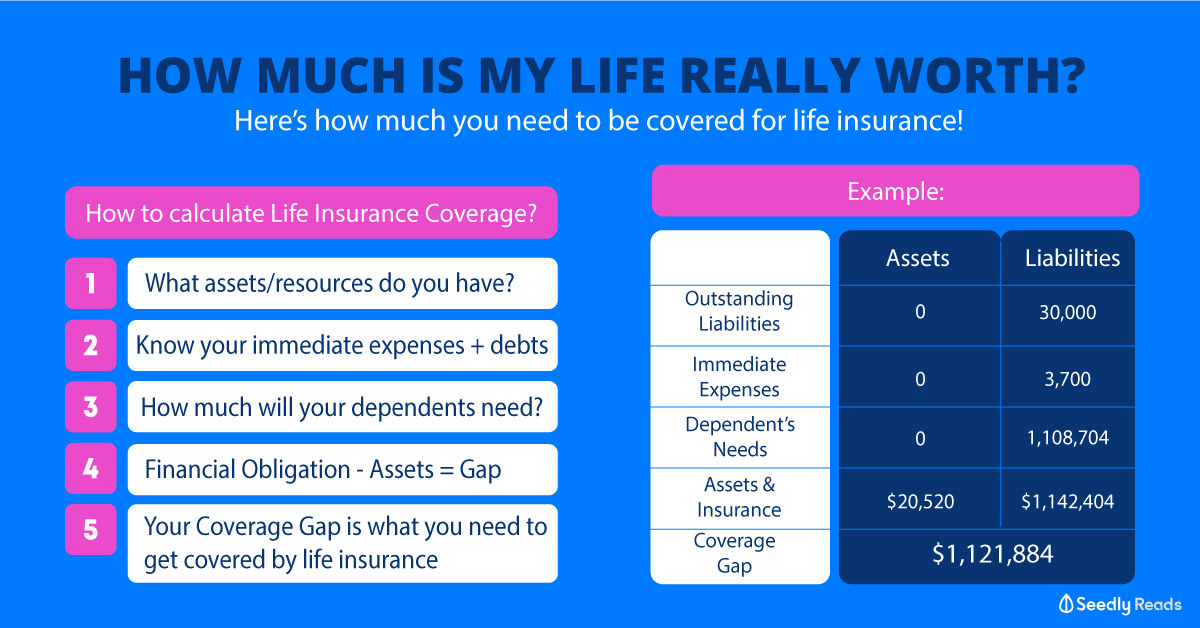Advertisement
Anonymous
I bought whole life insurance (20yr payment) and investment linked policy in 2012. Should I consider surrendering it or continue until it break even or just leave it there?
8
Discussion (8)
Learn how to style your text
Elijah Lee
17 Sep 2022
Senior Financial Services Manager at Phillip Securities (Jurong East)
Reply
Save
Same here. I bought NTUC pioneer policy for $20k sum assured. Also got Prulink sum assured $50k, plus crisis cover. Appreciate any advice.
Reply
Save
PolicyWoke
12 Sep 2022
Turbo-charge Your Savings with REPs at PolicyWoke
Hi Anonymous,
Please seek advice from a licensed financial advisor about your insurance plans.
Disclaimer: PolicyWoke is a resale endowment policies broker.
Reply
Save
Hello!
There is a need to look at how much you are paying vs the sum assured. If you have dependents, chances are the premium will be really high if you want to get sufficient coverage (typically 10 years of annual income quoted by most agents). In that case, it will be good to terminate and switch over to a term plan.
Alternatively, if its just a small sum assured and the monthly premiums are not too high you can still consider keeping it but topping up the difference using a term plan.
As for ILP I will just terminate it. Similar to what has been mentioned by others, it should have at least broke even in 10 years' time, and you can just pull out the funds. If it has not broken even after 10 years, its not really a good product and the conculsion is still to terminate it anyway.
Reply
Save
It's difficult to give a good advice without knowing a few key things:
- Any dependents?
- How did ...
Read 3 other comments with a Seedly account
You will also enjoy exclusive benefits and get access to members only features.
Sign up or login with an email here
Write your thoughts
Related Articles
Related Posts
Related Posts
Advertisement








Hi anon,
For the whole life insurance, if it has CI cover, I'd generally recommend you keep it. Getting CI for life is always almost cheaper via a term plan, and anyway you would be halfway through the payment term and there's only 10 years left. So unless there's really an extreme cashflow crunch, I would generally advise you to keep it.
For ILPs, I would not reocmmend them for the purposes of protection. As your ILP is about 10 years old it is probably the sort that is geared towards protection instead of investments. However, please understand the following: insurance is not free. There is something called the 'Cost of Insurance' (COI). This cost is paid by you, or rather, through your policy, and is the cost to cover you for a specified amount.
When you have an ILP, part of your premium goes towards investment linked funds. From the value of those funds, the COI for your age is deducted. As you can imagine, that means the value of investments is lower than your premium. However, for someone young, the COI is low. It will increase over time however, and the increase is exponential.
Knowing that insurance is a product for the long run, what happens years down the road? Due to the exponential increase in the COI, there will come a point where your premiums are equal to your COI. In this case, your premiums aren't invested. And the year after that, your COI is definitely more than your premiums. To make up for this shortfall, an amount more than your premiums will be deducted from your investments to pay for the COI, and this starts to erode your investment value.
Eventually, your investment value will fall to zero and the policy terminates, leaving you without any coverage. The only way out will be to pay increasing premiums to sustain the premium (not likely what you want to do), or else decrease your coverage (maybe for death/TPD, but unlikely you will want to reduce the coverage amount too much for CI).
This is an 'average' scenario. Consider what if your investments don't do well? They will lose value, and yet the COI still gets deducted. Thus, the mixture of a guaranteed exponentially increasing COI with a non-guaranteed return on your investment is likely a recipe for disaster and very early lapsing of the plan.
If you are looking for Death/TPD coverage, consider a term plan instead. For CI cover, you can consider a limited payment life plan, or a term/multipay plan, depending on your budget/needs. The premiums are level and the cost of insurance is already build in to the plan, in such a way that, as long as you pay your premiums, your coverage is assured. There won't be any sudden lapse or unexpected termination of coverage.
However, do evaluate your options first before you take any action, as the ILP is likely still providing you with protection even if it may not be suitable in the long run.